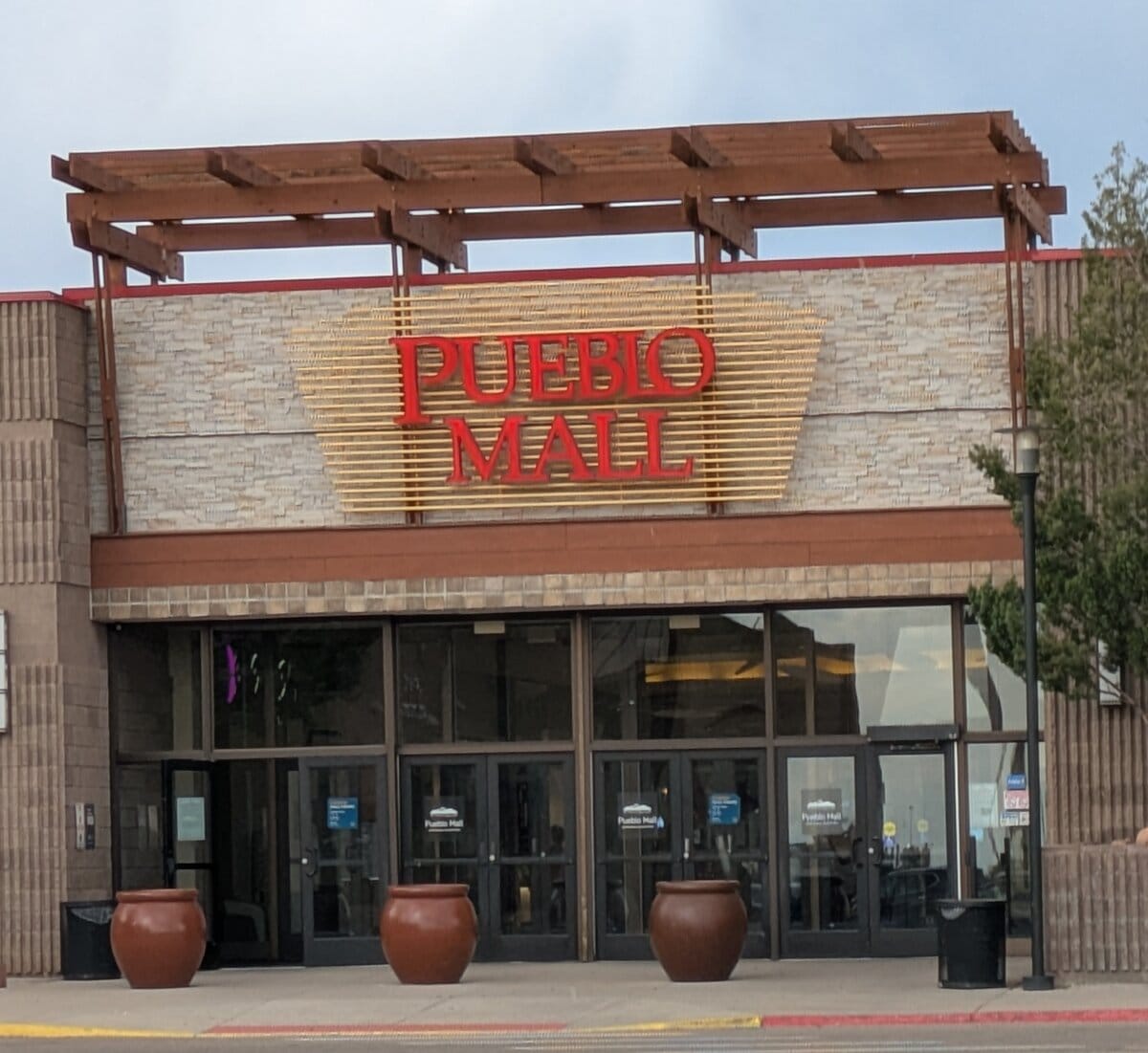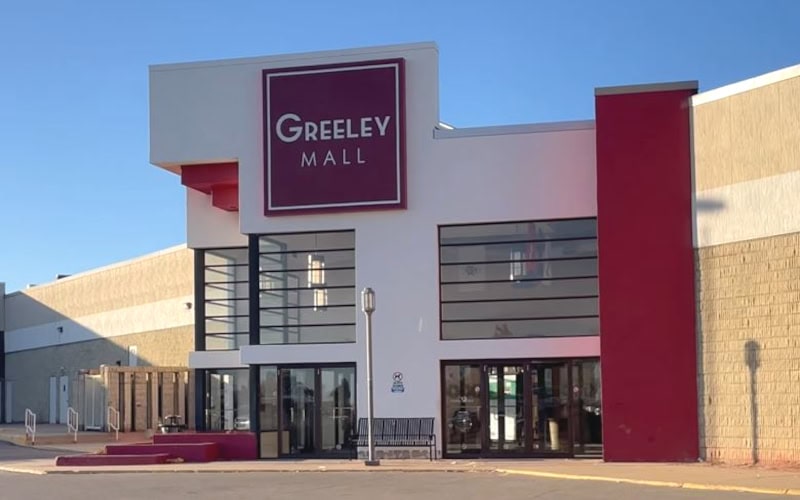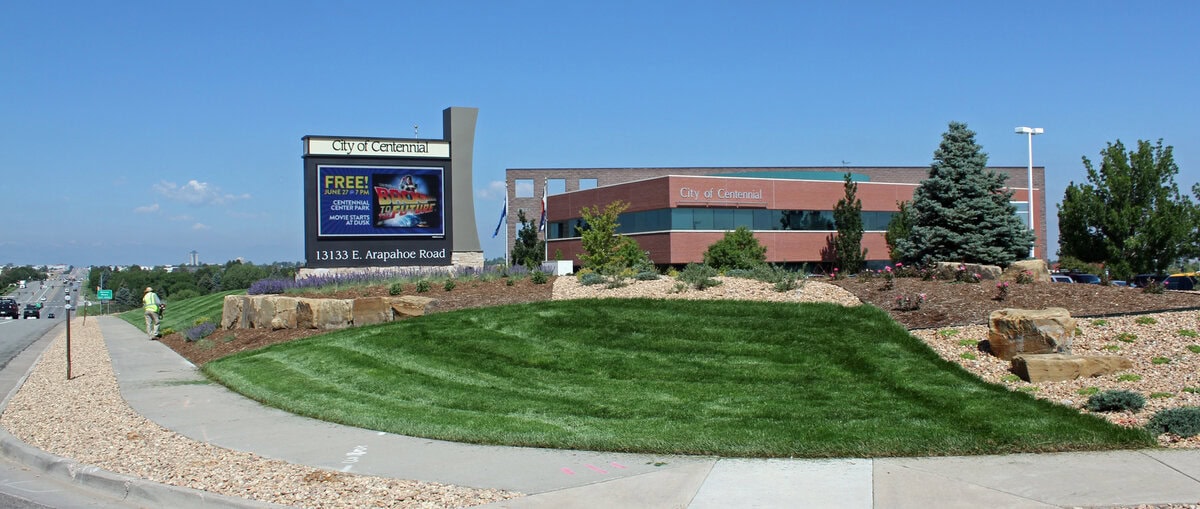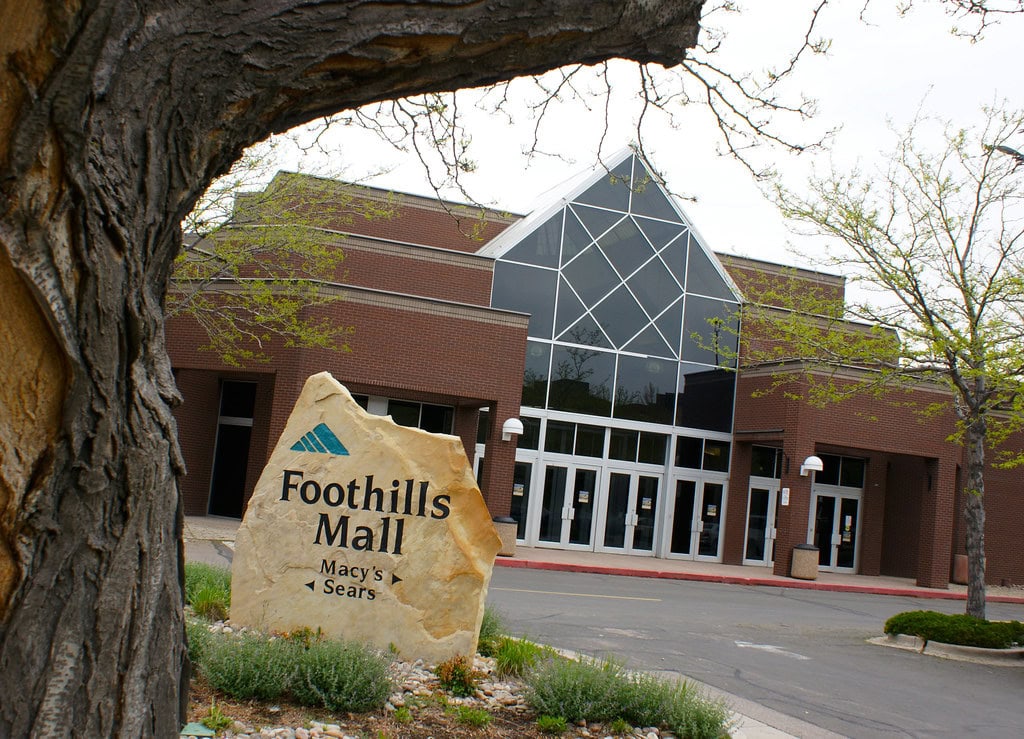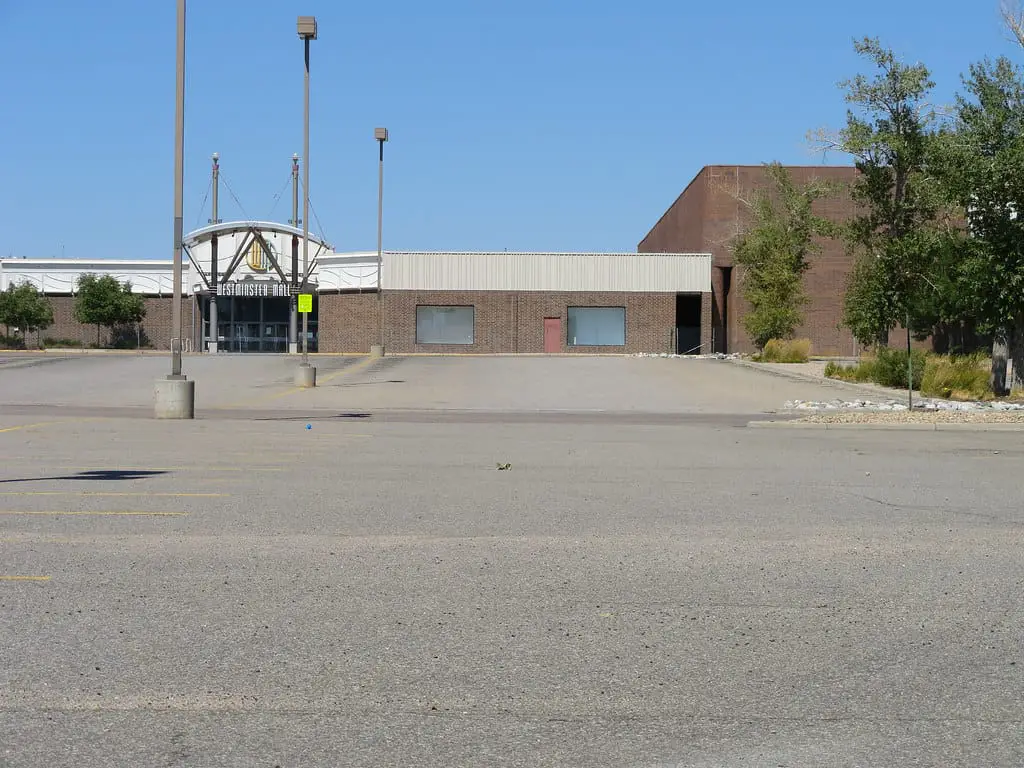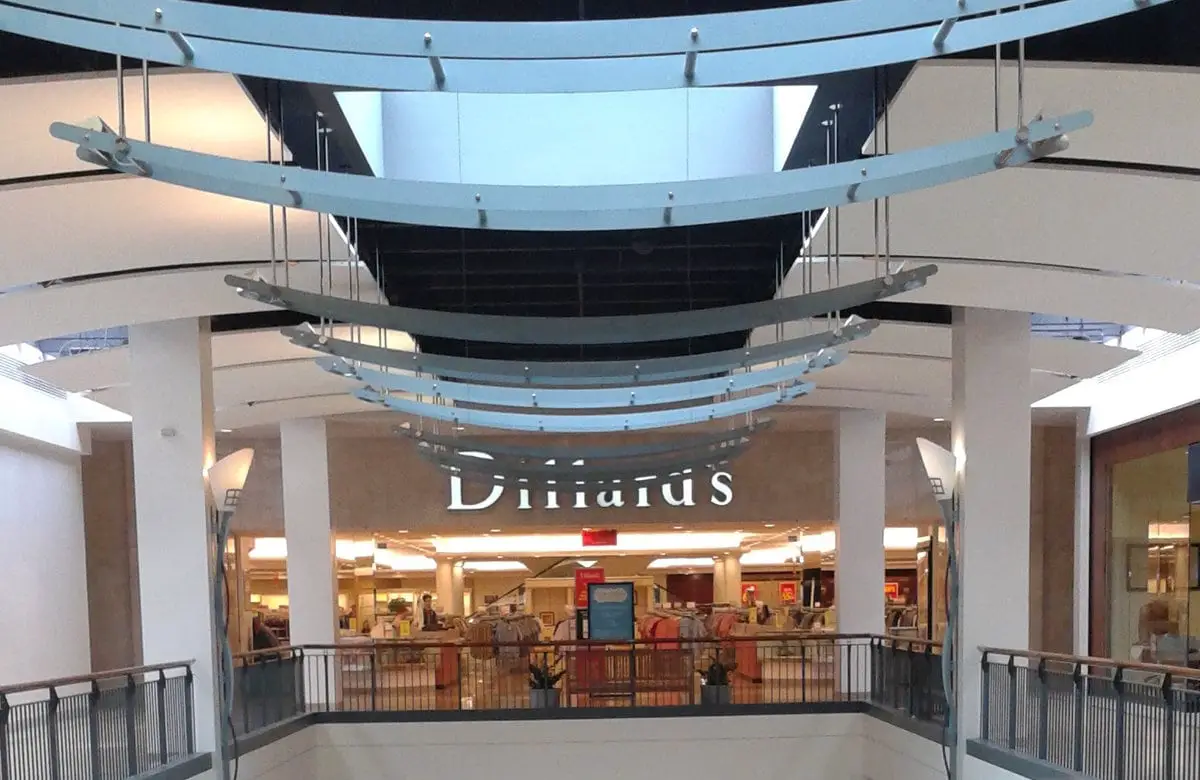Centennial, CO: A Young City with Big Stories
Centennial became a city in 2001, yet it entered history as the largest new incorporation in the nation.
In just a short time, it has built a record of surprising firsts, unusual policies, and landmark redevelopments.
Despite being young, Centennial holds aerospace headquarters, Colorado's first IKEA, a Fortune 500 company, and a mall turned town center.
The city also mixes professional sports ties, high-tech infrastructure, and quirks like Englewood mailing addresses.
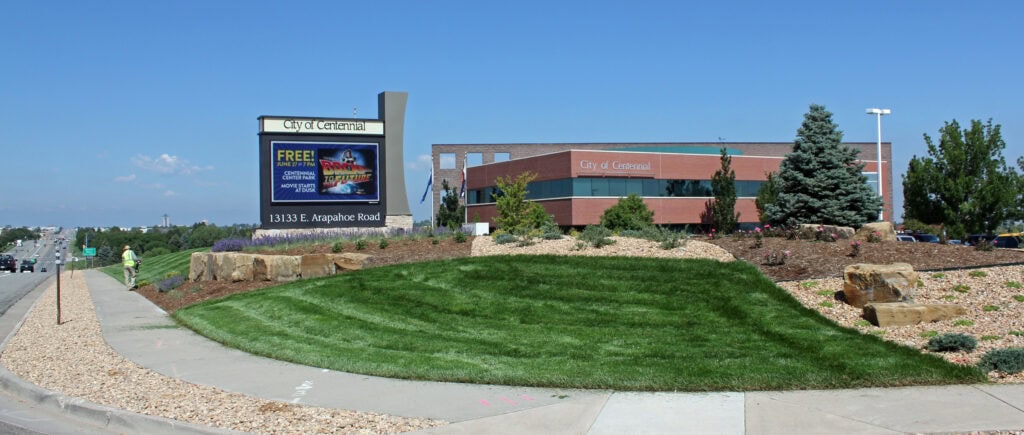
A brand-new city that started huge
Centennial became a city on February 7, 2001, after residents voted to incorporate on September 12, 2000. The vote passed by a 77 percent margin.
At the time of incorporation, the new city covered nearly 30 square miles and had a population of about 100,000, which made it the largest municipal incorporation in U.S. history to that point.
The name "Centennial" was selected on the ballot and refers to Colorado's admission to the Union in 1876.
The city was formed from unincorporated areas of Arapahoe County, including the former Castlewood and Southglenn communities, and began operations the day after its first officials were elected.
Colorado's first IKEA also brought a first-in-the-U.S. energy system
IKEA opened its 415,000 square foot store in Centennial in July 2011, the first in Colorado.
The building was designed with 130 vertical ground loops for a geothermal heating and cooling system, noted as the first of its kind for any IKEA store in the United States.
The Centennial store also installed a large rooftop solar array that was later expanded in 2014 to 4,704 panels with a capacity of about 1.12 megawatts.
The site sits near I-25 and County Line Road with its own access road, drawing shoppers from across the Front Range.
The geothermal field sits beneath the parking area and ties into the store's mechanical system.
A major rocket company runs from a Centennial address
United Launch Alliance, the joint venture that launches national security and science missions, is headquartered in Centennial.
The company oversees programs such as Atlas V and its successor Vulcan from an office campus on East Panorama Circle, while rockets are manufactured and launched at other facilities.
Administrative leadership, program management, engineering, and mission support functions are based at this Centennial headquarters.
The location places the company within the Denver metro aerospace corridor while remaining inside city limits.
The headquarters presence ties Centennial directly to federal missions for the Department of Defense, NASA, and commercial customers through the firm's ongoing launch manifest.
A fully online, accredited university once called Centennial home
Jones International University was headquartered in Centennial and became the first fully online university in the United States to receive regional accreditation from the Higher Learning Commission in 1999.
The school offered business and education degrees delivered entirely online.
In 2015, the university announced it would close, with teach-out options for students to complete programs elsewhere.
The university traced its roots to earlier distance-learning ventures by founder Glenn R. Jones and operated from a Centennial address during its accredited period.
The closure ended one of the earliest experiments in regionally accredited, fully online higher education based in the city.
The Avalanche practice in a public rink here
The Colorado Avalanche practice in Centennial at the South Suburban Family Sports Center.
The two-sheet ice arena hosts team practices during the season, and fans are allowed to attend on most non-game days.
Training camp sessions and rookie practices are also scheduled at this site in September before the season begins.
The Family Sports Center complex includes an executive golf course, the Avalanche Grill that overlooks the practice sheet, and public skating and hockey programs.
The building operates as a community facility while functioning as the NHL club's daily practice venue when the team is in town.
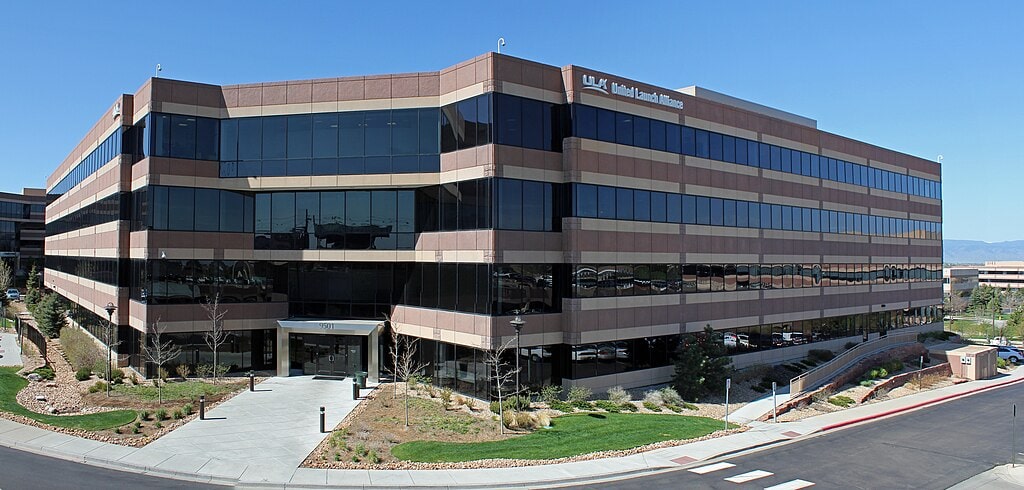
A new NWSL team chose Centennial for its training center
Denver Summit FC, the National Women's Soccer League expansion club, selected Centennial for its training center.
The plan calls for eight outdoor fields on 43 acres at Potomac Park in partnership with the city and the Cherry Creek School District, along with an indoor training building.
A temporary 12,000-seat stadium at the same site is scheduled to host the team's first home matches in 2026 while a permanent venue is built in Denver.
The project places the club's day-to-day operations inside Centennial city limits and adds professional training fields to an existing public park property.
A dead mall became a new main street
Southglenn Mall, which opened in 1974 at Arapahoe Road and University Boulevard, was closed and demolished in 2006 to make way for The Streets at SouthGlenn.
The redeveloped mixed-use center opened on August 28, 2009, in Centennial with a street grid, apartments, offices, and retail, including a cinema and Whole Foods Market.
The project reused the site's anchors in phases and added new junior anchors, replacing the enclosed mall with outward-facing blocks and public spaces.
It stands as Centennial's largest single redevelopment, shifting a 1970s regional mall into a town center-style property at the same southwest corner.
A Fortune 500 headquarters sits on Dry Creek
Arrow Electronics is headquartered in Centennial at 9201 E Dry Creek Road.
The company is a global distributor and solutions provider for electronic components and enterprise computing products and is listed on the Fortune 500.
Corporate leadership, finance, and other central functions are based at the Dry Creek campus.
The headquarters move put a national technology firm inside the city's boundaries and added to Centennial's cluster of electronics and engineering employers along the I-25 corridor.
The facility is near an RTD light rail line and the interchange with I-25, linking the site to the broader tech and telecom district that spans the south metro.
The state's first Topgolf opened in Centennial
Topgolf opened its first Colorado venue in Centennial in August 2015.
The multi-level golf entertainment facility introduced the company's ball-tracking experience to the Denver area with climate-controlled hitting bays, event spaces, and a full restaurant and bar.
The location quickly became a regional draw and marked the brand's entry into the state.
The site stands among other sports and recreation facilities in the same Peoria and Potomac corridor, complementing the nearby South Suburban Family Sports Center and Sports Dome while operating as a separate, private entertainment business.
A 71-mile regional trail crosses into Centennial
The High Line Canal Trail, a 71-mile multi-jurisdiction path following the historic waterway, runs through Centennial.
At Mile 23.75, the trail crosses South Broadway and passes into the city, with Segment 8 ending at Milliken Park in Centennial.
The corridor is used for walking, running, and cycling, and links to neighborhood parks and connecting trails maintained by regional districts.
Maps from the High Line Canal Conservancy and Denver Water show the canal's mileposts, underpasses, and access points through the south metro, including the Centennial Link Trail connections that help carry users between the canal and local parks inside the city.
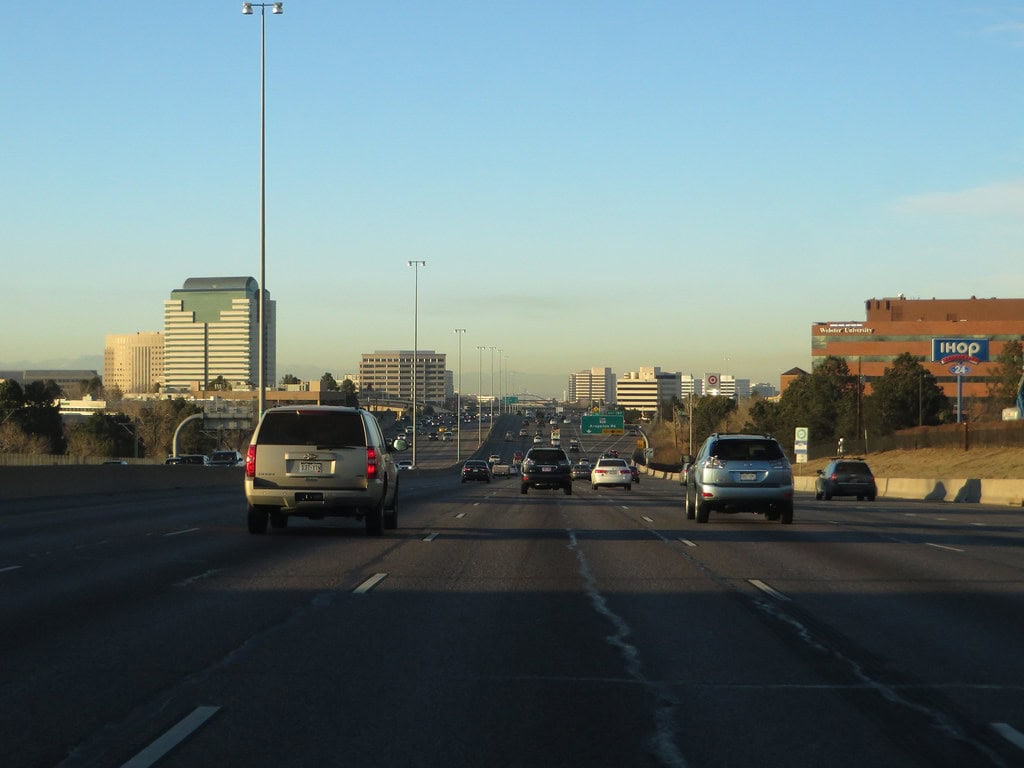
The city's first park opened only in 2012
Centennial Center Park opened in 2012 as the city's first municipally owned park.
The 11-acre site sits next to the Centennial Civic Center on East Arapahoe Road and includes play areas, climbing features, a seasonal splash pad, shelters, lawns, and an amphitheater.
The park's plaza features educational elements that trace the Cherry Creek Basin timeline and a Colorado statehood walk.
Public safety by contract, not a city police department
Centennial does not operate its own police department.
Instead, the city contracts with the Arapahoe County Sheriff's Office for law enforcement services.
From its first years, Centennial also shifted core public works to a private contractor, at first CH2M Hill and now Jacobs Engineering, under a performance-based agreement.
The city's own history pages highlight these arrangements as part of a broader contract-city model that Centennial adopted after incorporation.
The structure keeps public safety under the county's sworn agency, while roads, snow removal, and related public works tasks are handled by the city's long-term private vendor under city oversight.
Many Centennial homes have an Englewood mailing city
Large parts of Centennial use ZIP codes where the Postal Service's preferred city name is Englewood.
Official guidance from the City of Englewood clarifies that ZIP codes 80111 and 80112 cover addresses in several jurisdictions, including Centennial, Greenwood Village, and unincorporated areas, even though the mailing city often displays as Englewood.
Englewood states that addresses with those ZIP codes are not necessarily within its city limits.
This is a postal routing convention and does not reflect municipal boundaries or which government provides services.
Centennial maintains its own boundaries and service contracts regardless of the USPS city label on a given address.
A city-built fiber backbone underpins fast internet options
Centennial owns and operates a municipal dark-fiber backbone designed to support high-speed broadband by leasing strands to internet providers and public institutions.
The open-access network was planned to improve competition, redundancy, and service quality for residents, businesses, schools, and public safety users.
A National Renewable Energy Laboratory case study profiles Centennial among cities using open-access fiber to spur private last-mile investment.
The system is designed to lower entry costs for providers and to extend reliable connectivity into neighborhoods and business districts inside city limits.
Retail marijuana businesses are not allowed in the city
Centennial prohibits medical marijuana dispensaries and commercial marijuana businesses within city limits.
City code and policy pages state that dispensaries and related enterprises are not permitted, and earlier ordinances placed moratoria while local rules were written after statewide legalization.
The city does allow limited personal cultivation in a primary residence under specific size and safety rules that align with state law, but commercial retail sales are not licensed by the city.
The prohibition applies to both medical and recreational marijuana businesses and includes restrictions on possession and use on city-owned or leased property.

